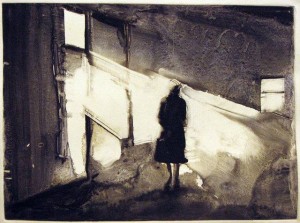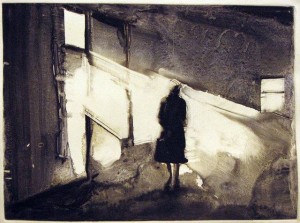The most abysmal doubt that continued to spin around my head was not so much an analysis of a son did not want to see their parents, what about future consequences. There are those who have elderly parents with a progressive deterioration of health conditions, where the old age port in the road of pain and finally death. Some are orphans from an early age. Usually the presence of parents is considered obvious, though over the months, they often begin to suffer from minor ailments, more and more widespread and intense. And if they do not appear in the Earth, each one has thought and doubt of having lost the time that was not shared. The same parents who attend every day, at a time when there is a tragic event, they have the regret of not saying important phrases, real and heartfelt. The sense of inadequacy is common and it also reflects the way we live. The end of days for others, makes us think of our departure; the time has already passed and the constellation of opportunities easily achievable, but for laziness, superficiality and ignorance, we have returned to an imaginary future.
Alicja Bloch. The Image is taken HERE
The disappearance of the parents is fully understood in the days to come, in which everyone is measured by the daily rituals and celebrations of the seasons. Do not have a contact with their parents, implying a temporal leap, because the role of the son is stopped at a point in the past or in a gate of the mind, where we expect to enter to repeat the episode of detachment. The absence of cause a permanent closure, although the “dead” still appear. The problem, then, is the moment when you know or come to know that there are more.
What can happen after the final mourning?
A first answer is that all the past appears in front, with all the anger and pain that can not be resolved. In addition, perhaps, it appears as an empty feeling excruciating mixed with helplessness. There is a risk that the structures deposited over the years in building the dam of the division, might collapse. And what we encounter then?
Tom Bennett , Sleepwalk 20, 2010, The image is taken HERE
What happens in addressing the dead for the second time? What happens when the meeting is final? Such deficiencies hurt us?



